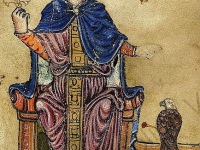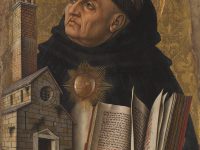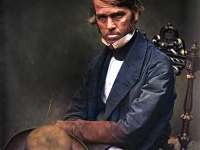Frederick II – The “Wonder of the World”
On December 26, 1194, Frederick II, one of the most powerful Holy Roman Emperors of the Middle Ages and head of the House of Hohenstaufen was born. Speaking six languages (Latin, Sicilian, German, French, Greek and Arabic), Frederick was an avid patron of science and the art, called by a contemporary chronicler stupor mundi (“the wonder of the world”). “But our intention in this book on falconry is to show what is…
Read more




